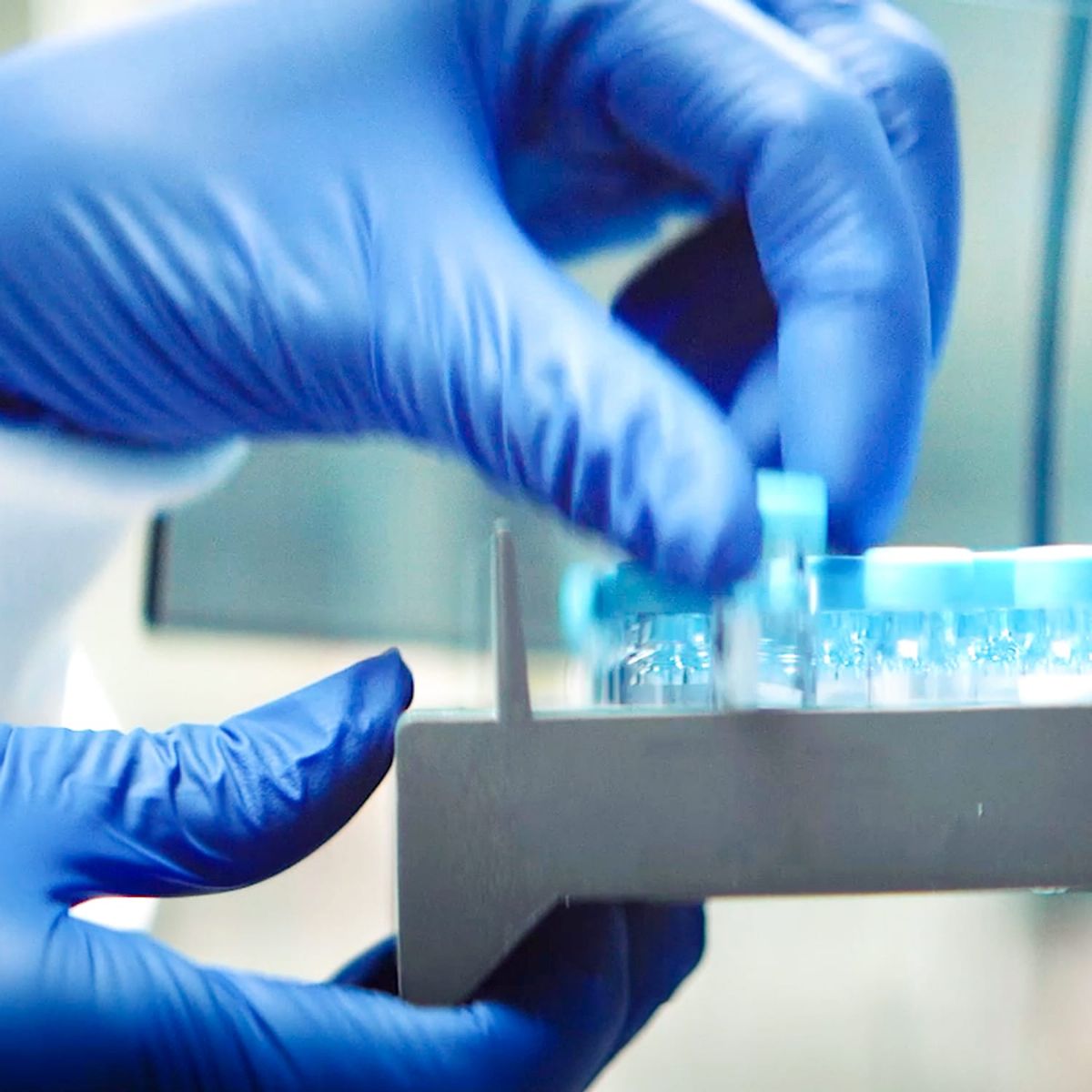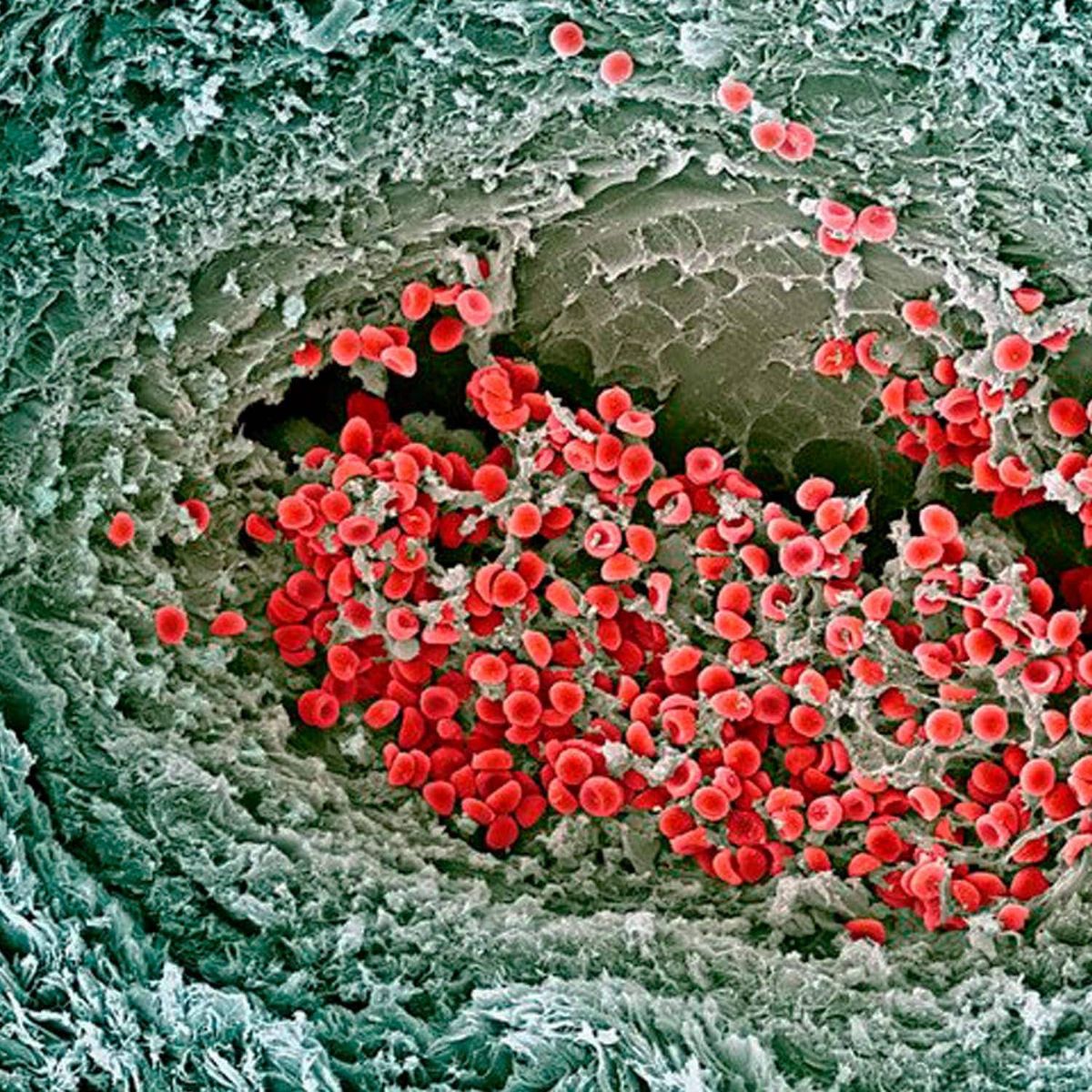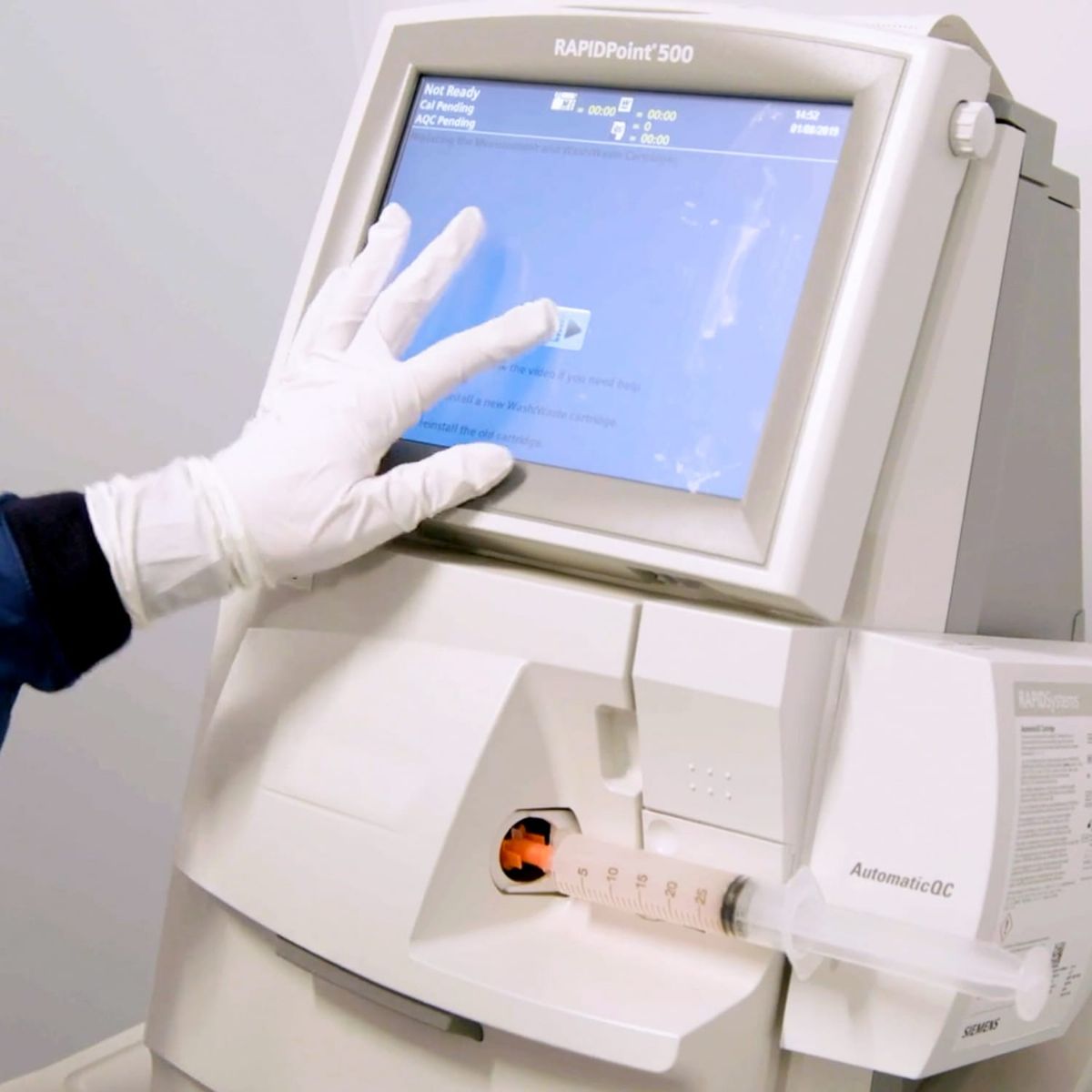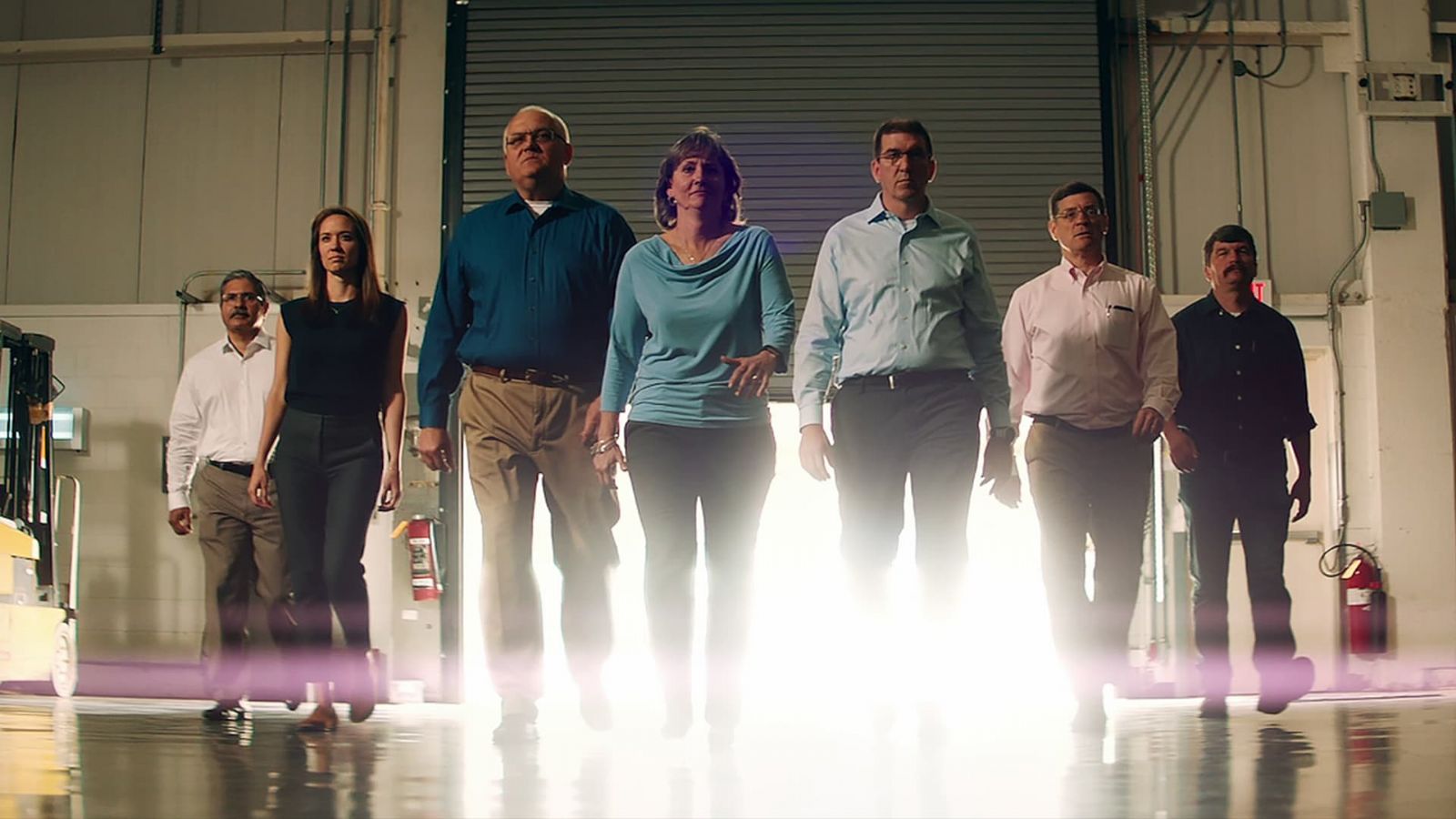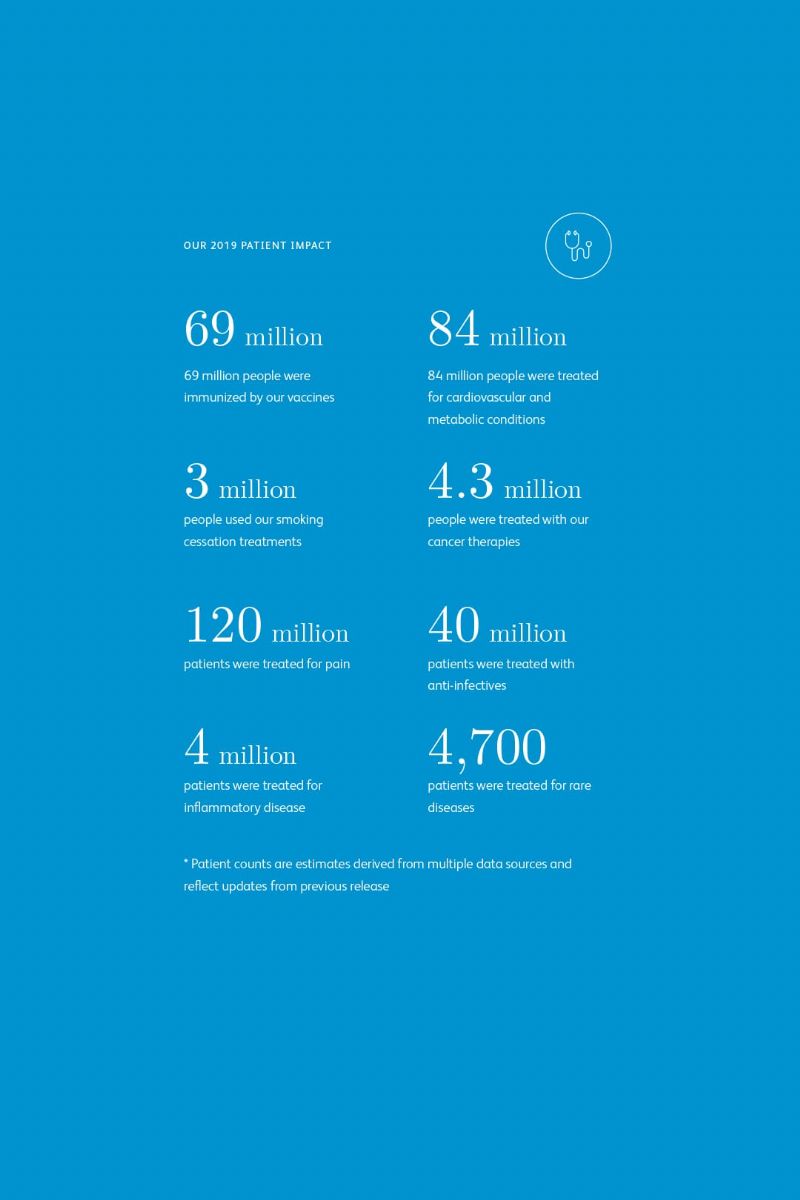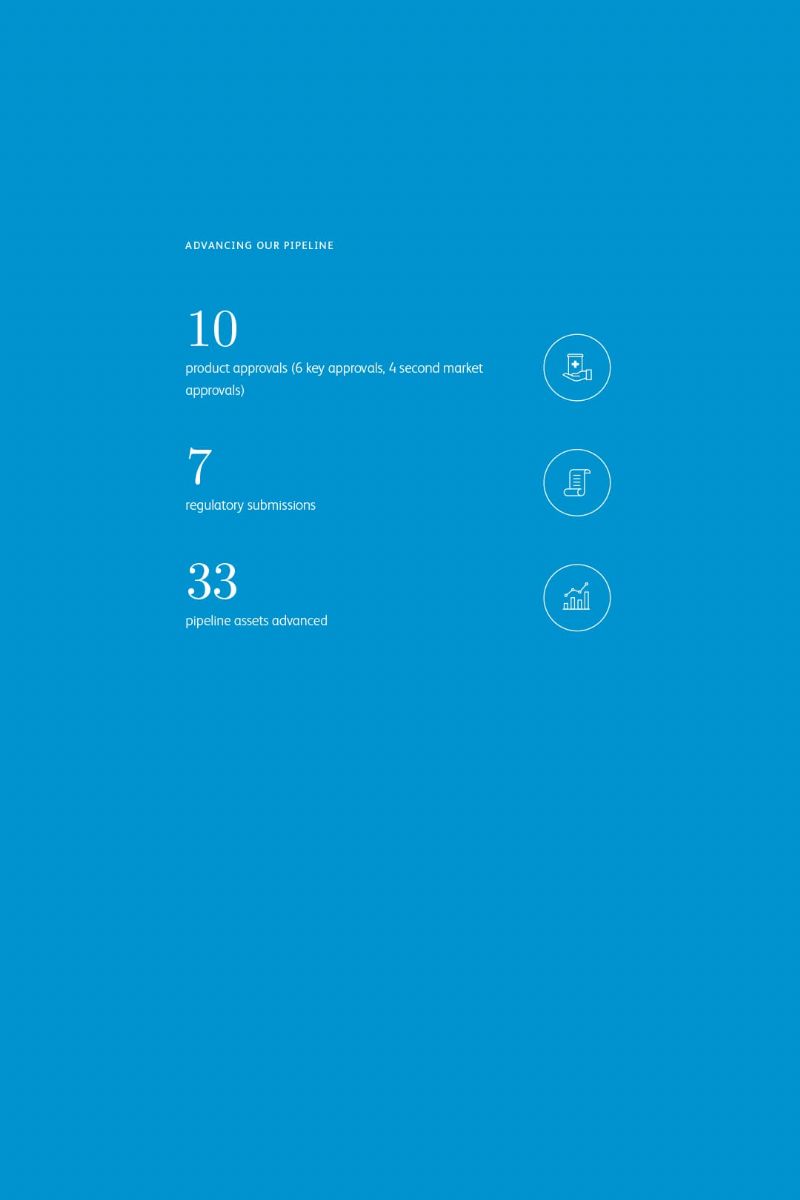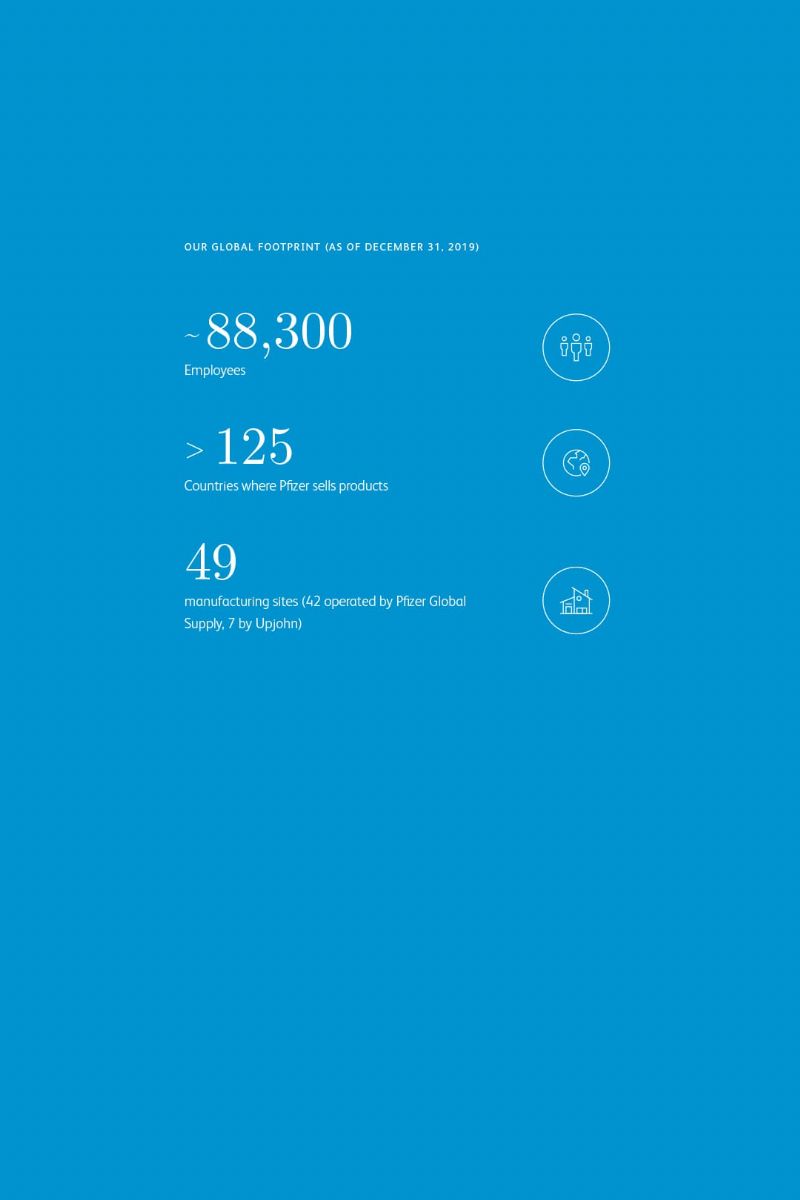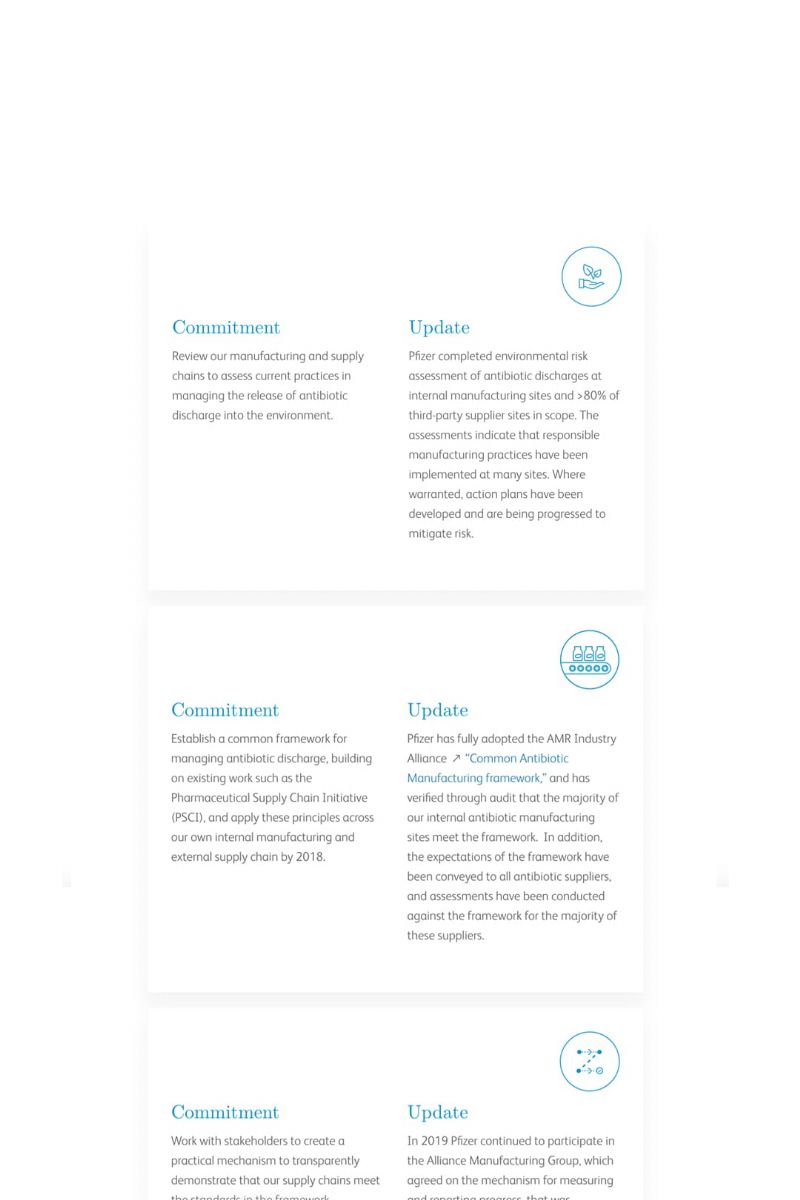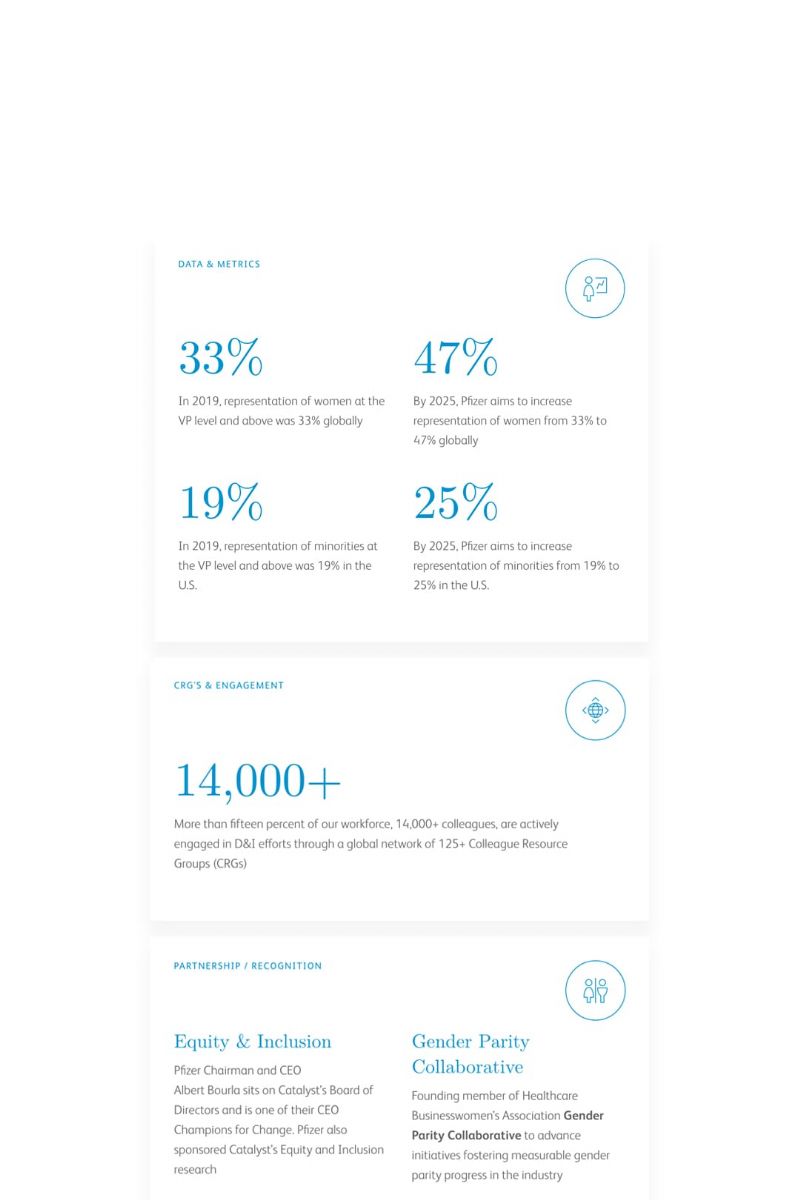

Symptom management and heart transplants have historically been the only options for people with transthyretin amyloid cardiomyopathy (ATTR-CM), a rare, fatal disease associated with heart failure. That changed in 2019 with theapprovals of Vyndaqel® (tafamidis meglumine) and Vyndamax® (tafamidis), the first and only medicines approved by the U.S. Food and Drug Administration and Japan’s Pharmaceuticals and Medicinal Devices Agency to treat the cardiomyopathy of transthyretin-mediated amyloidosis in adults to reduce cardiovascular mortality and cardiovascular-related hospitalization in both subtypes of ATTR-CM (hereditary and wild-type).
In addition to developing breakthrough medicines for this devastating illness, Pfizer is spearheading efforts to improve awareness and diagnosis of ATTR-CM, which often goes undiagnosed as its symptoms can mimic more common causes of heart failure. ATTR-CM can also include a mix of other seemingly unrelated symptoms, like carpal tunnel syndrome, digestive problems, pain in the lower back or legs and/or an irregular heartbeat. Historically, the diagnosis of ATTR-CM globally was estimated at less than 1%, traditionally via an expensive and invasive heart biopsy.
To increase awareness and detection rates, Pfizer launched Suspect and Detect, an educational campaign to help doctors recognize the signs and symptoms, and learn about tools for the diagnosis of ATTR-CM (including non-invasive options), andGet The Message, which aims to raise awareness of ATTR-CM among patients with heart failure in the U.S., as well as among their caregivers. These efforts, and the upcoming potential approval of tafamidis to treat ATTR-CM in theEU, may help bring hope to more patients in need.
“Looking back, I experienced many early indicators of ATTR-CM, like bilateral carpal tunnel syndrome, ruptured biceps tendon and lumbar stenosis,” says Walt. “It wasn’t until 11 years after my first symptoms that I was diagnosed with wild-type ATTR-CM and, even today, knowledge about this condition remains low. I am thrilled to know that now, for the first time, there is a treatment option in the United States specifically approved to address this disease. My hope is that more physicians will begin to recognize the signs and symptoms of ATTR-CM, so patients can get the care they need without delay.”



